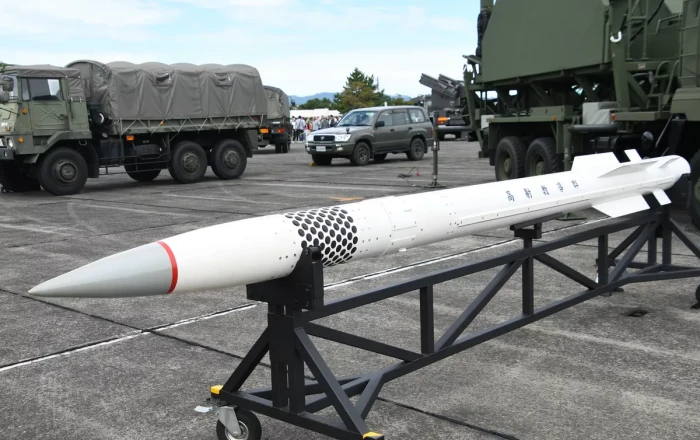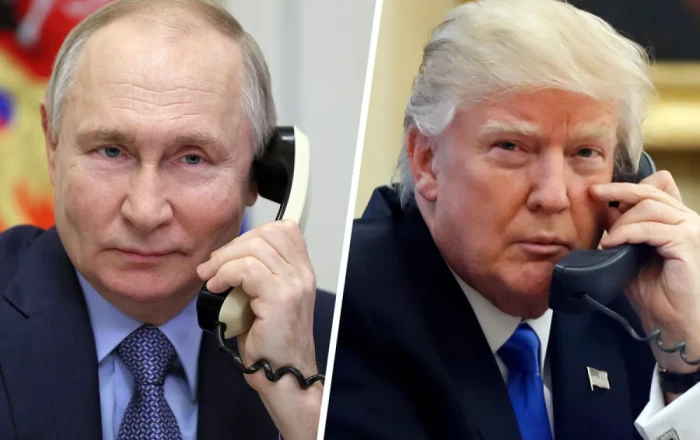Economic momentum in the United Arab Emirates lost steam in late June, as the fallout from Israel’s war with Iran unsettled markets and dampened consumer demand.
According to fresh data from S&P Global, referenced by Bloomberg, the UAE’s Purchasing Managers’ Index (PMI) edged up only marginally to 53.5 in June from 53.3 in May — signalling steady but subdued growth in the country’s non-oil economy. The slowdown was largely blamed on consumers’ reluctance to spend, which led to a softening in new business orders.
Dubai, the UAE’s economic engine and a key commercial hub for the Middle East, experienced a sharper cooling. The city’s PMI dropped to 51.8 from 52.9—a near four-year low—reflecting a notable deceleration in sales activity.
“The UAE’s non-oil sector hit a minor stumbling block in June as tensions between Israel and Iran filtered through to business confidence,” said David Owen, senior economist at S&P Global Market Intelligence. “The main drag came from weakening demand, with some firms reporting a slowdown in new orders due to the heightened geopolitical risk.”
While the UAE has largely managed to insulate itself from the direct effects of regional instability, the latest conflict has nonetheless tested its reputation as a safe and open marketplace. Some businesses pointed to rising competition and weaker tourist flows, both amplified by the conflict, as key reasons for the drop in new work.
However, S&P Global noted that inflationary pressures remain mild, which could pave the way for a quick rebound in business activity if regional calm is restored. “There’s every chance we’ll see a pickup in sales growth in the months ahead, provided the situation stabilises,” Owen added.
By Tamilla Hasanova
Source: caliber.az












